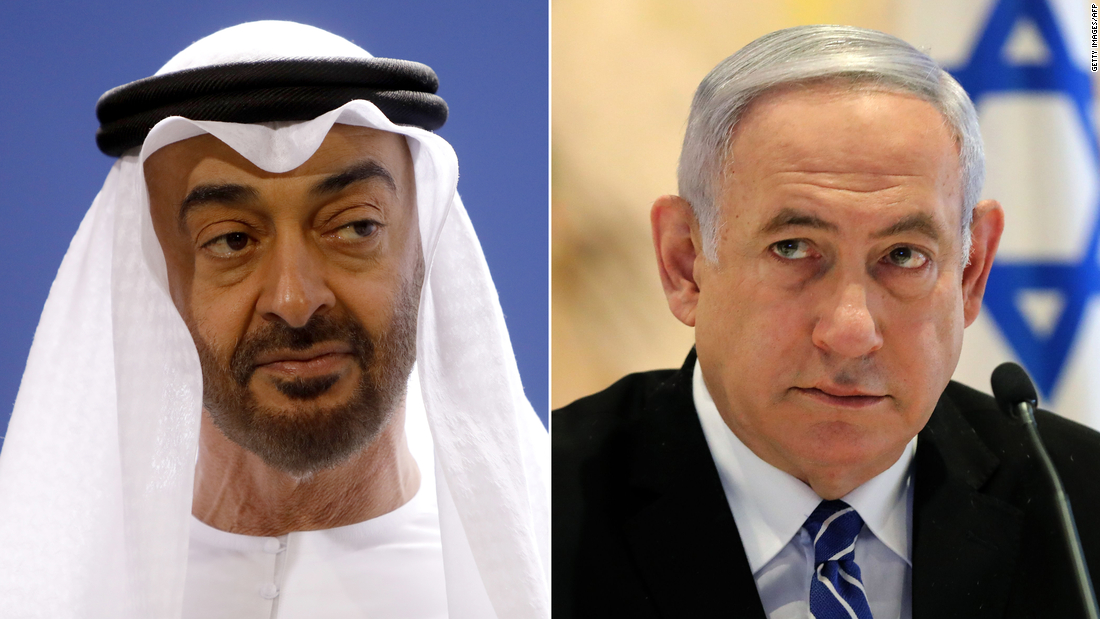
“The UAE signed the Agreements because of the hope and opportunities they provide to our people, not to individual leaders,” an Emirati official told CNN.
“Customizing and politicizing the agreements in this way diminishes the historic milestone. The UAE will not follow this path,” the official added.
Netanyahu, who is facing a general election in five days, has taken the name of Abu Dhabi’s Crown Prince Mohammed bin Zayed in recent appearances and campaign stops, and has declared himself a facilitator of multimillion-dollar investment projects from the UAE to Israel, and suggesting to their opponents that they do not have the same influence.
The proposed investment in the UAE, Netanyahu said a week ago, “is another means by which our economy will be driven forward. I think that’s another matter. [Israel] in front of the public: who will drive our economy forward? ”
On Wednesday morning, Israeli radio, which was quoting people from the prime minister’s office, reported that Netanyahu was due to fly to Abu Dhabi the next day. A few hours later, the prime minister appeared on the radio himself, rejecting these reports and instead talking about the possibility of new normalization agreements with the Arab states.
“There are four more historic deals around the corner, which I intend to deliver,” Netanyahu said. “I will not travel to Abu Dhabi before the election; reports that I would go there, I do not know who initiated them. I will go there later.”
In Abu Dhabi, officials made it clear that they had been frustrated with what they saw as the Israeli leader’s “internal elections.”
“The purpose of the Abrahamic Accords is to provide a solid strategic basis for peace and prosperity with the state of Israel and the wider region,” a presidential adviser and state minister posted on Twitter on Wednesday. Foreign Affairs, Anwar Gargash. “The United Arab Emirates will not be part of any internal election in Israel, now or ever.”
Last week, the United Arab Emirates announced plans to invest $ 10 billion in Israel. Days later, the Minister of Industry and Advanced Technology, Sultan Ahmad al-Jaber, warned that the plan should not be seen as “politically associated”.
Netanyahu himself has long been willing to travel to Abu Dhabi, a trip that would serve to underscore his diplomatic achievements while fighting a close election battle, but so far to no avail.
Last week, the prime minister’s office issued a forceful statement after Netanyahu was forced to cancel previous plans to make the trip.
The statement accused Jordan of closing the trip by closing its airspace, to an apparent extent after Israel modified security arrangements for the Jordanian Crown Prince’s planned visit to the al-Aqsa Mosque in Jerusalem.
Jordan’s Foreign Minister Ayman Safadi, in an interview with CNN’s Becky Anderson, did not regret it.
“Renounce an agreement with Jordan, interrupt a religious visit. Create conditions that made this holy, religious visit impossible on a holy occasion. And then wait to come to Jordan and fly out of Jordan, let’s be serious here, it’s something that could you wait? “
Abu Dhabi also cited Covid-19 concerns as a reason for the last-minute cancellation.